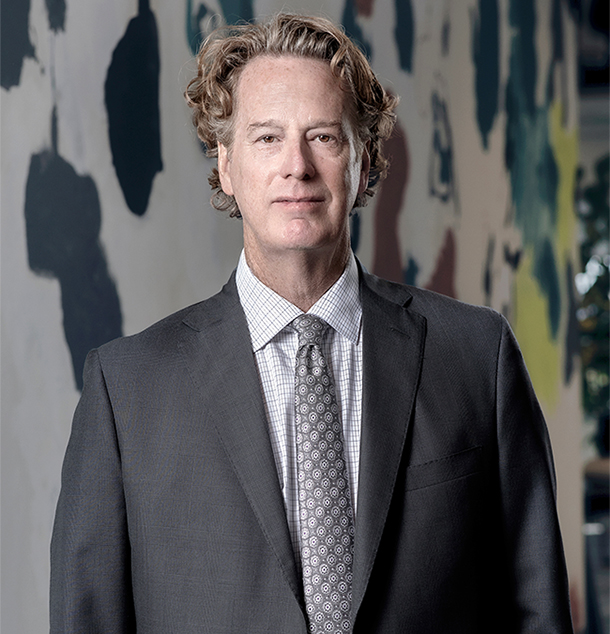New California Law Ensures Confidentiality Between Sexual Assault Victims and Counselors

California Assemblywoman Sabrina Cervantes introduced the bill – AB 1896 – back in January. Now law as of July 18, it provides specificity to existing law regarding various aspects of communications with alleged sexual abuse and assault victims.
The problem of college campus sexual abuse
The Rape, Abuse & Incest National Network reports that over 11 percent of college students in the U.S. experience some form of sexual assault, including rape. The previous law in California provided for privileged confidential communications between a sexual assault counselor and a sexual assault survivor victim. However, some doubt has persisted among sexual assault counselors whether the privilege given under the law also covered their work on university and college campuses.
The new law makes clear that this privilege currently applies, and has previously applied, to the services college and university counselors to their students who have experienced sexual assault. The intention with the corrected law is to have a system that provides students with coordinated, trauma-informed, and confidential support.
Cervantes stated, “With increased attention to the alarming issue of sexual assault occurring at college campuses, there is a strong need for sexual assault counselors to provide a safe environment and appropriate assistance for survivors.”
Lack of clarity in current state law concerning confidentiality rights
Section 1035 of the Evidence Code, according to Cervantes, failed to recognize the rights of privileged communication between the sexual assault victim and corresponding crisis counselor at a public or private college or university. Therefore, uncertainties existed as to whether conversations between these two individuals could remain legally confidential, or if they would be subjected to inspection and scrutiny by law enforcement officials.
Although it is true that California state law has traditionally protected privilege communication between sexual assault rape victims seeking resources and help from rape counselors at prescribed crisis centers, clinics, and hospitals, this protection was not clear regarding counselors working at higher education facilities.
The Cal State Student Association sponsored the bill with support from The California Stay University in Association of Independent California Colleges and Universities. Ultimately, the bill was passed with bipartisan support in both legislative chambers.
With the bill signed into law, its provisions will take effect on January 1, 2019.
If you have suffered a sexual assault on your person, or loved one has been the victim of this heinous crime, we are committed to seeking justice on your behalf. We understand the significant trauma these crimes inflict on innocent victims. At Taylor & Ring in Los Angeles, we can help you understand your options and move forward with a plan to bring your perpetrator to account. To schedule a free consultation about your case with a sexual assault attorney from our team,, call our law office today at 310.776.6390 or send us a request through our contact form.

David Ring is a nationally renowned plaintiff’s personal injury trial attorney and has obtained multi-million dollar verdicts and settlements on behalf of seriously-injured individuals or families who have lost a loved one in a tragic accident. For more than 20 years, he has represented victims of sexual abuse, sexual harassment, assault, molestation and sexual misconduct in cases against a variety of employers and entities, including schools, churches and youth organizations.
He prides himself on providing aggressive, yet compassionate representation for children who have been sexually abused and women who have been sexually harassed or assaulted. Read more about David M. Ring.

